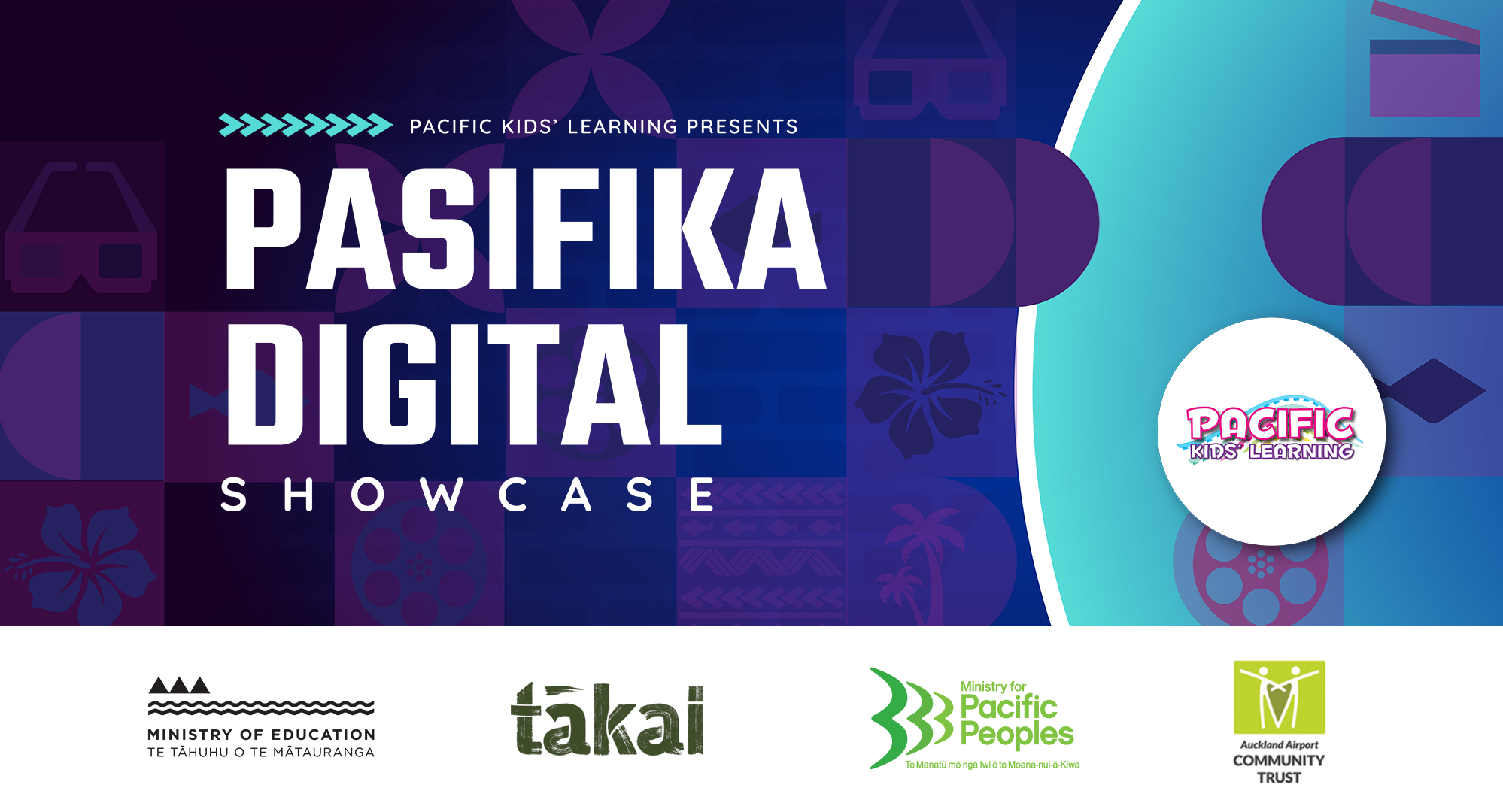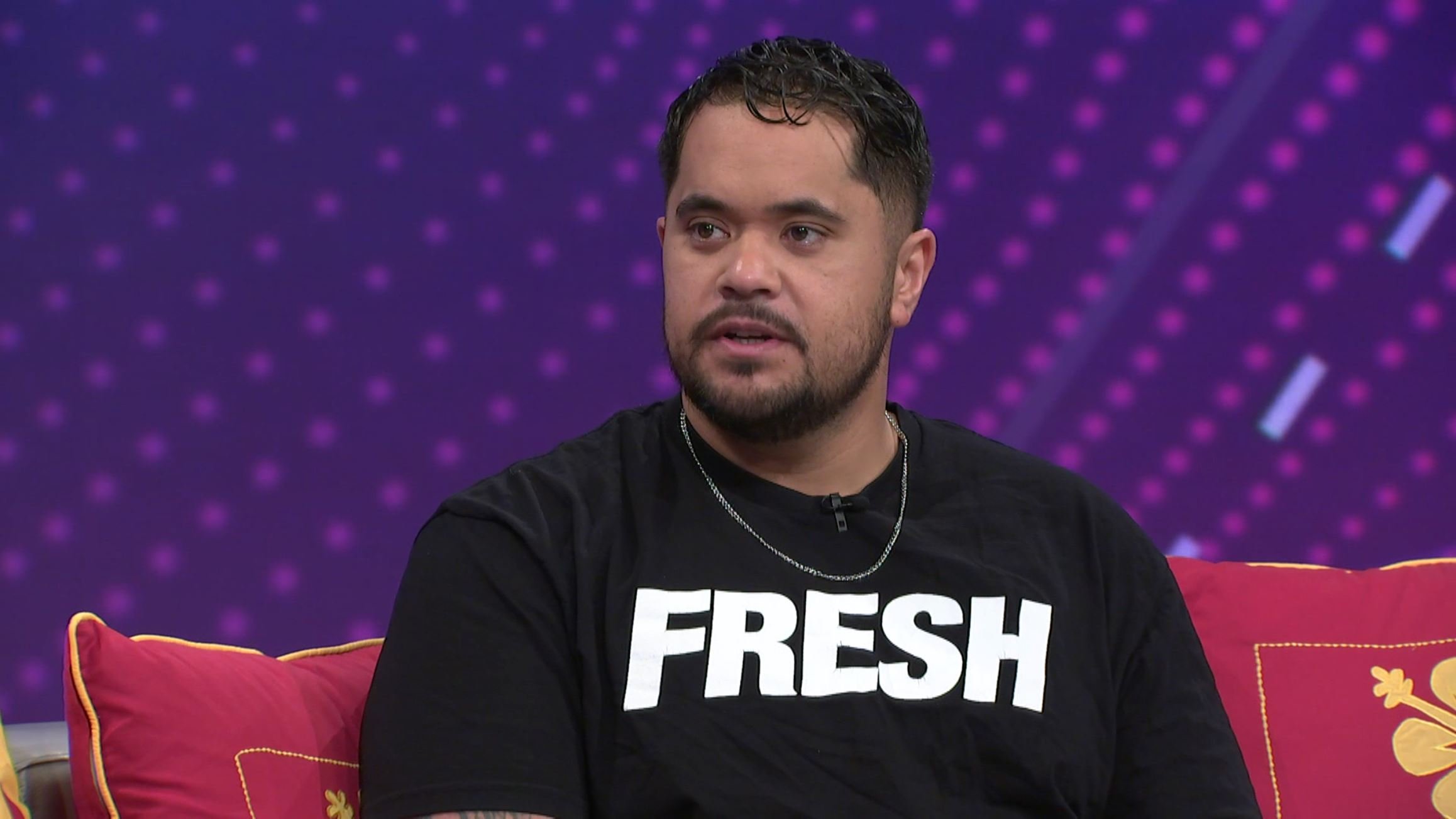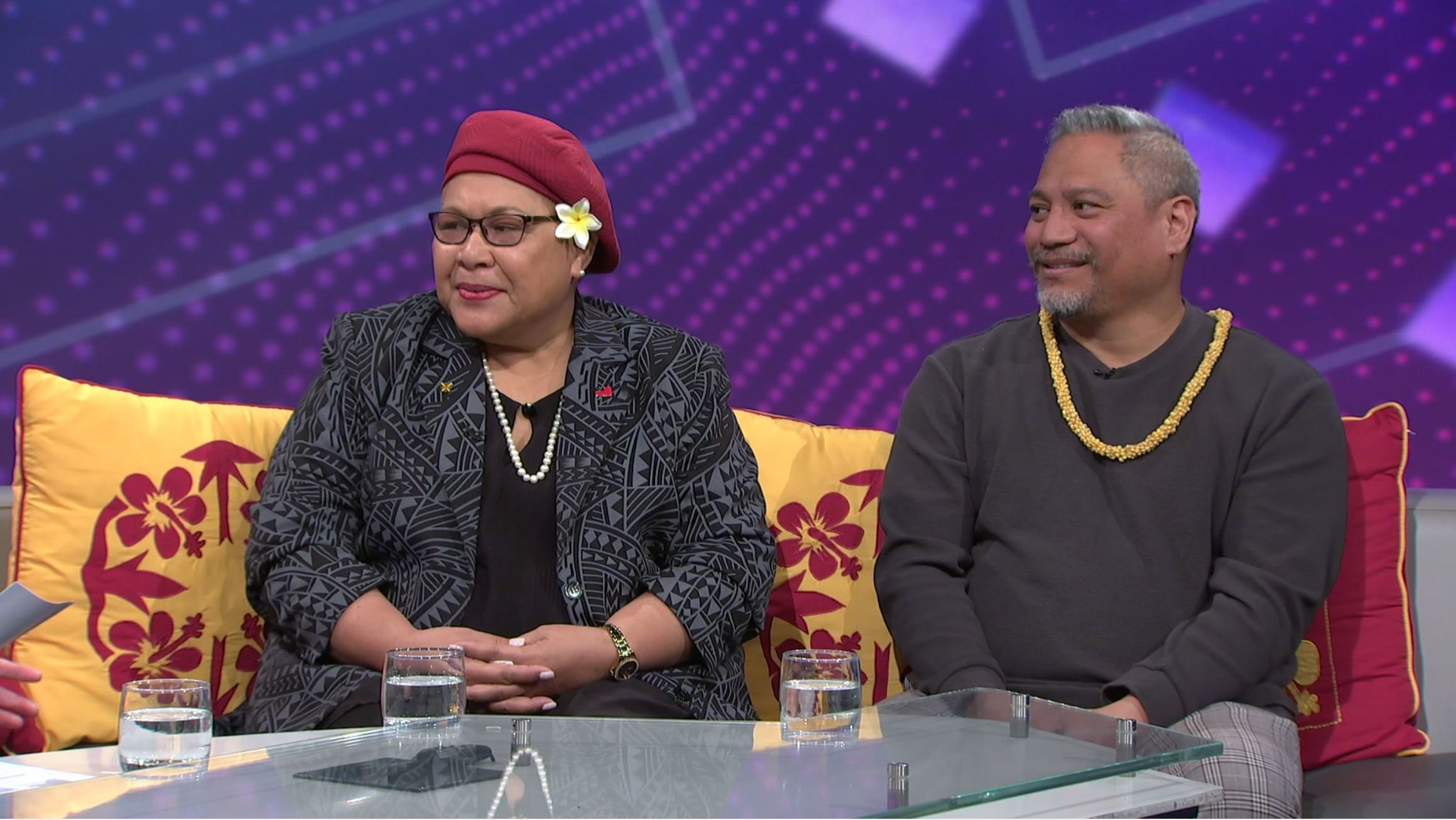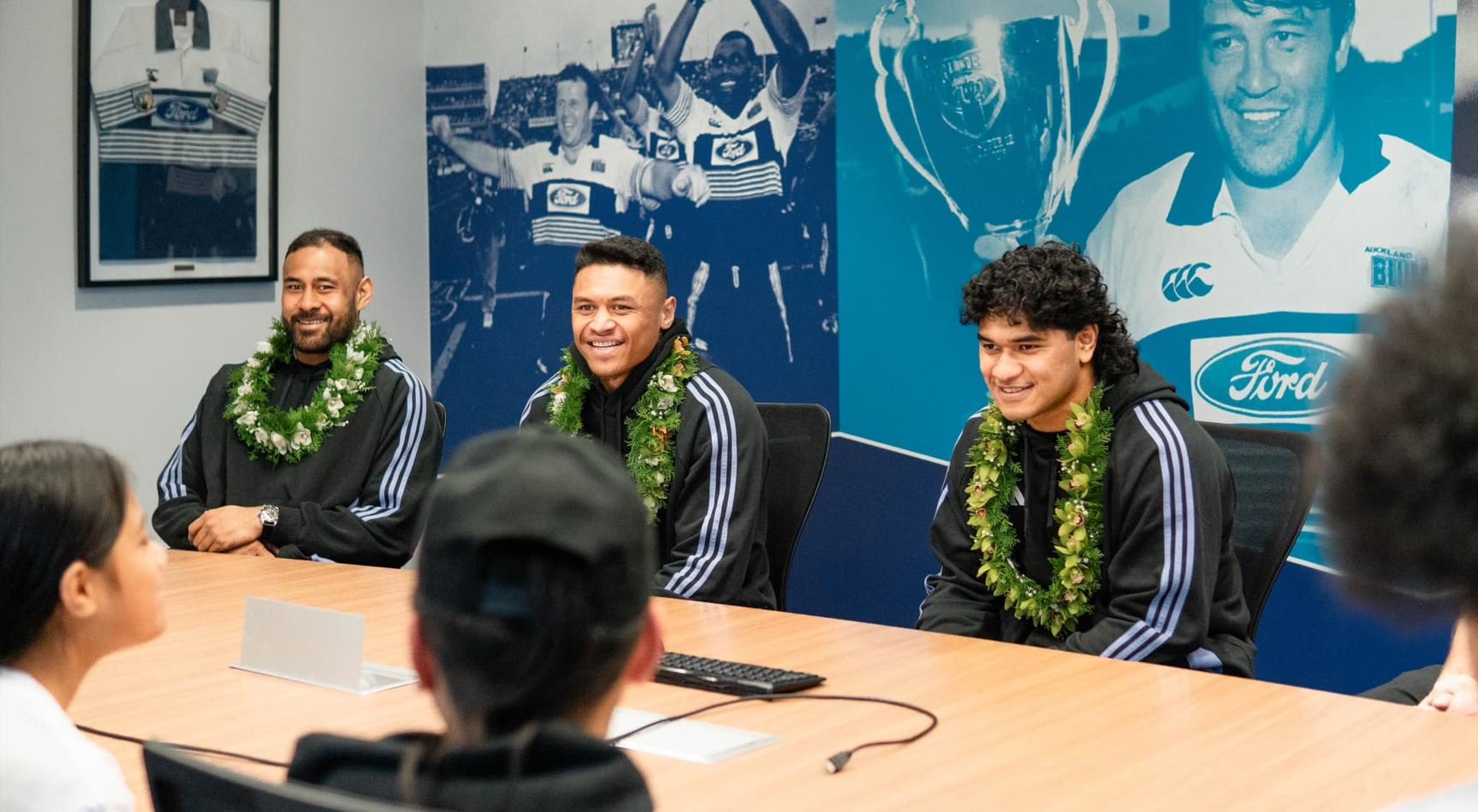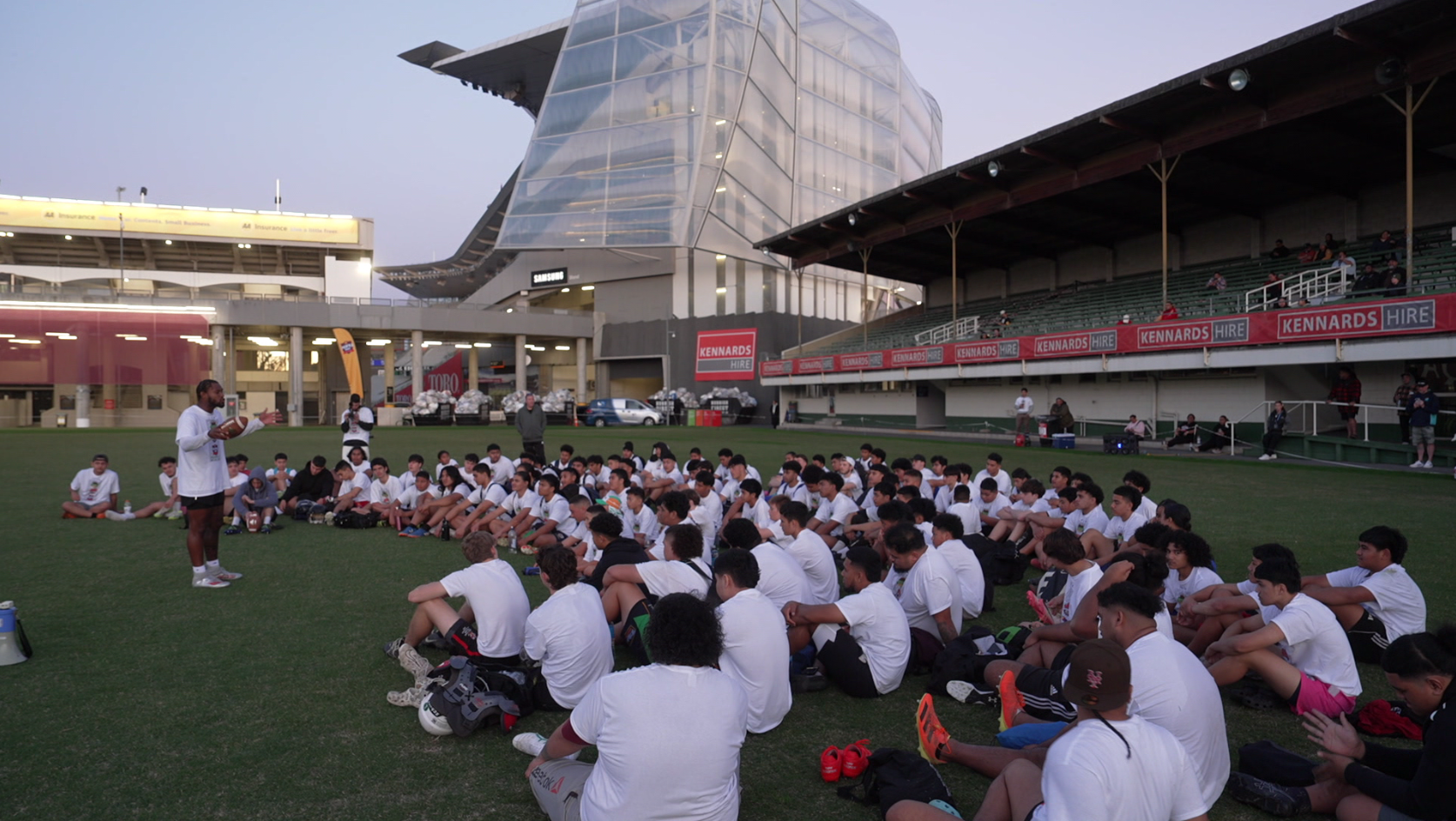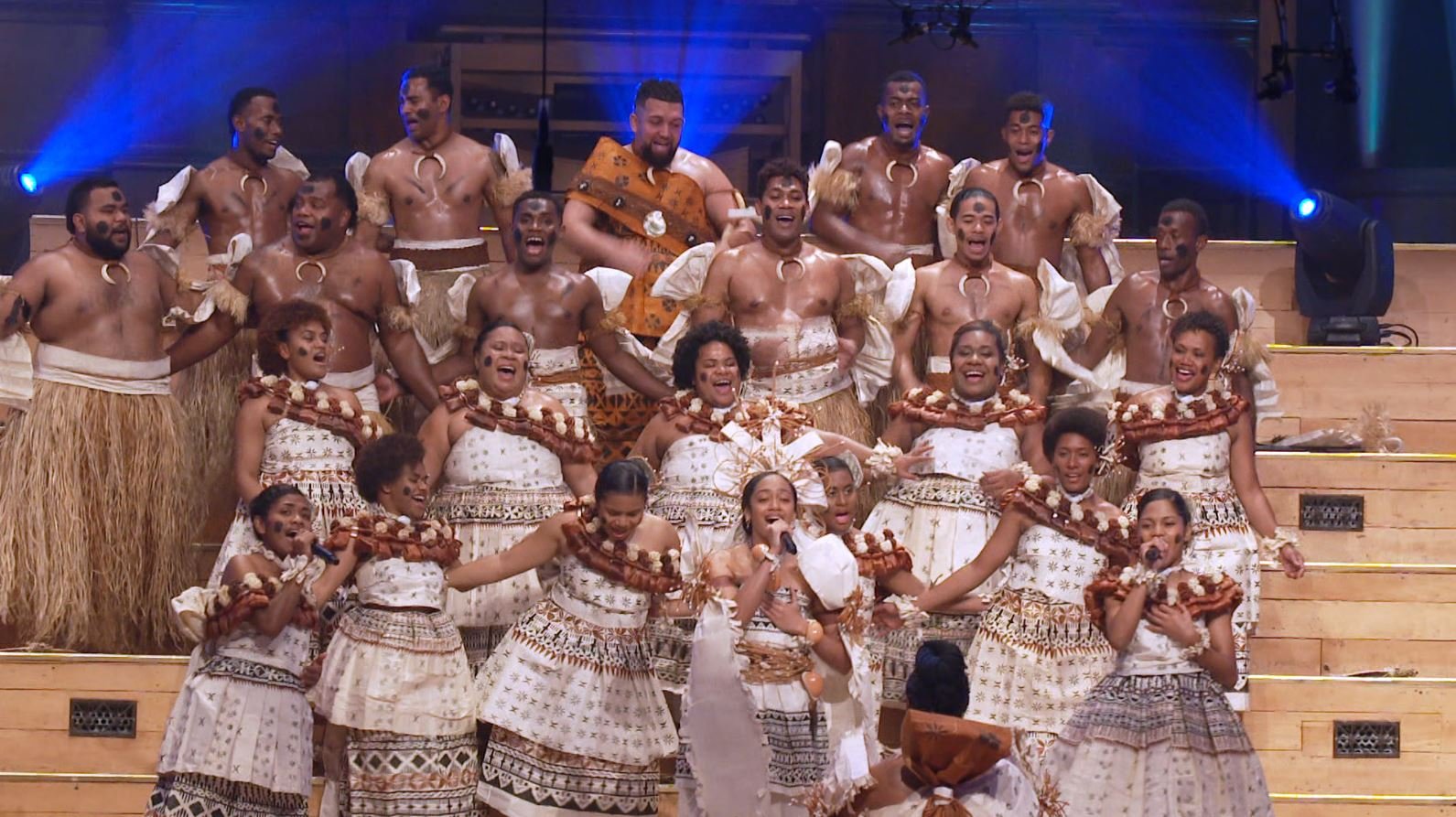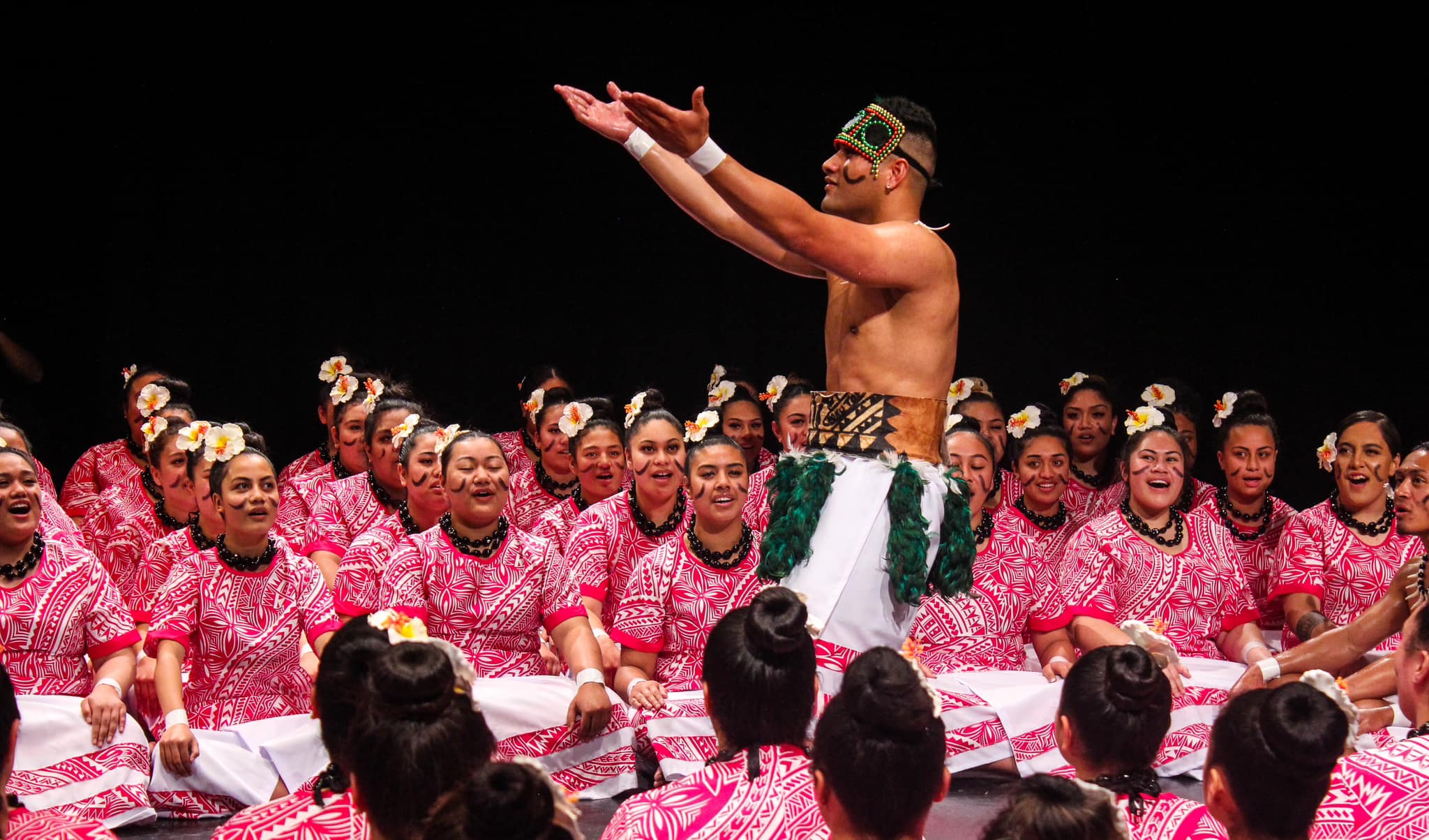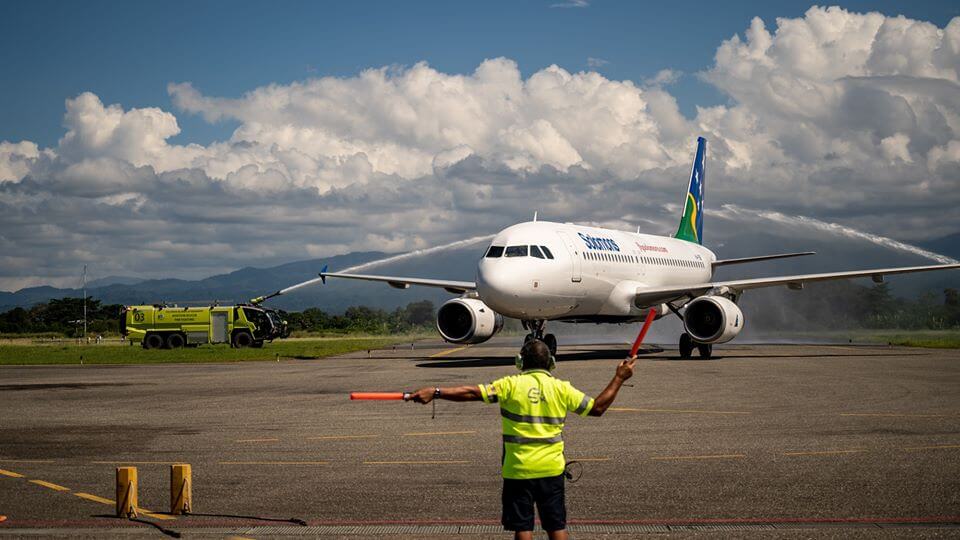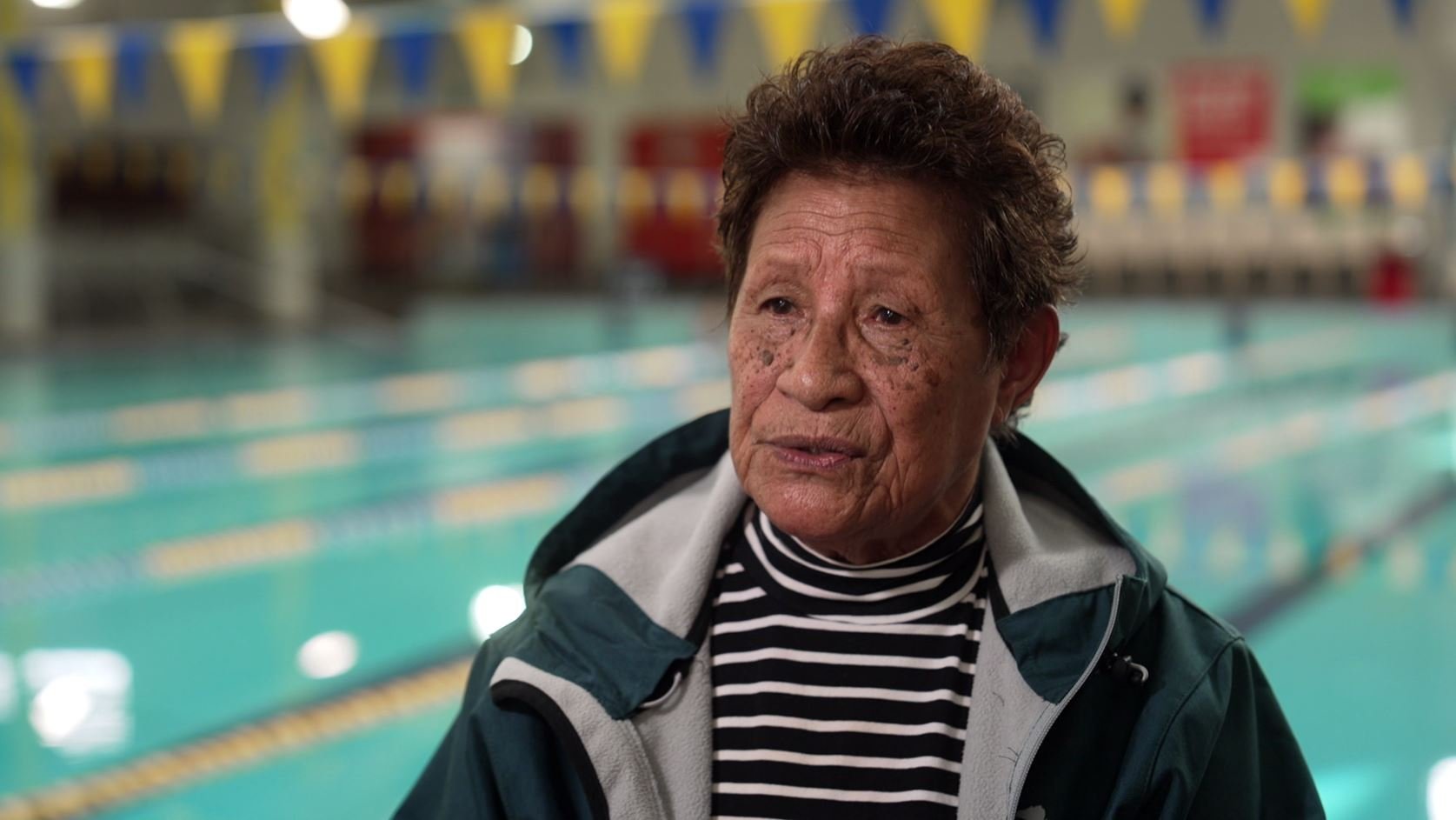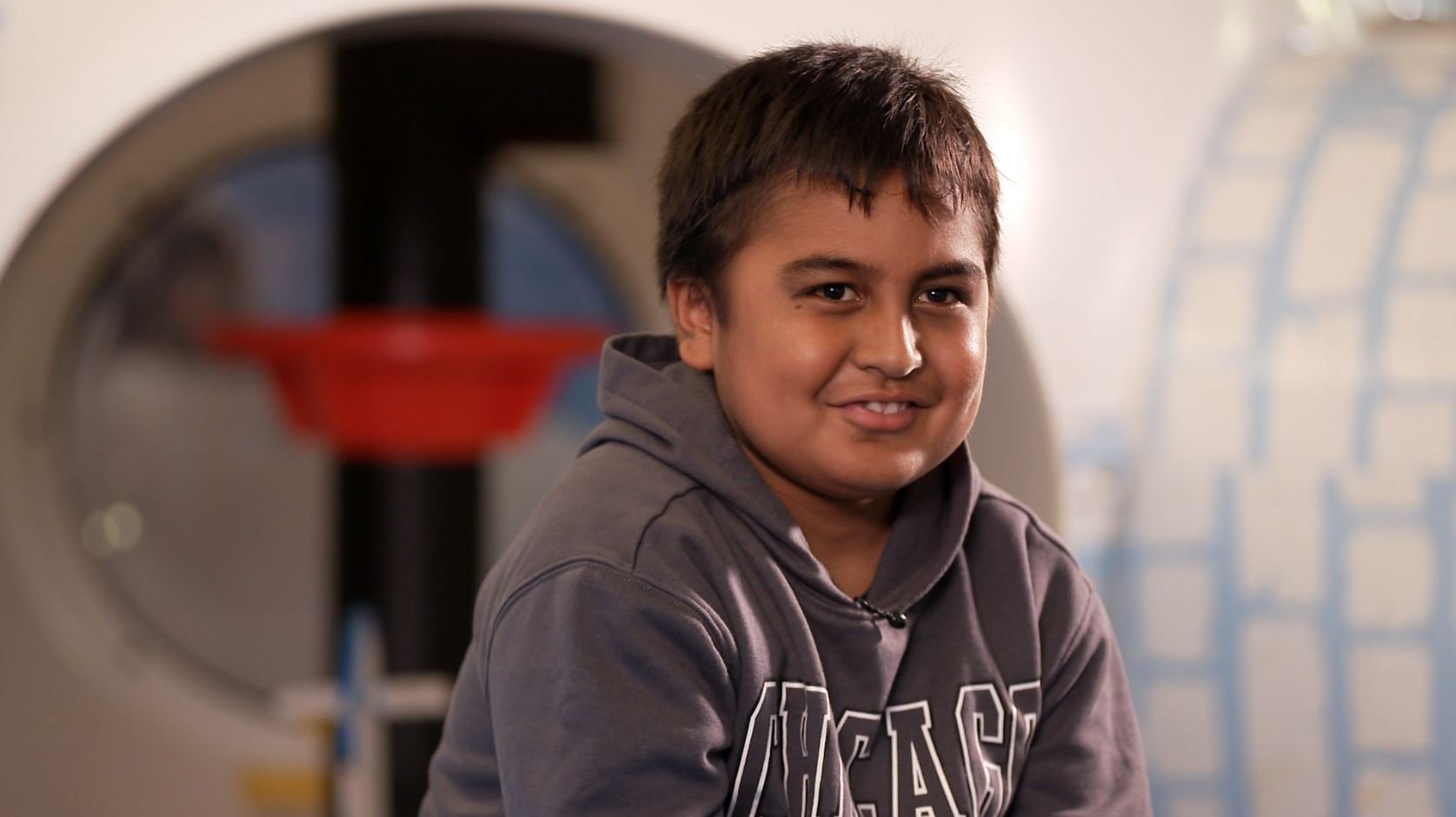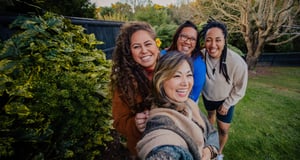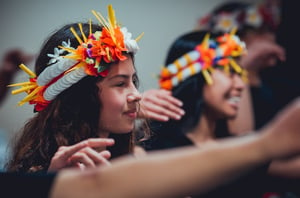Public Interest Journalism funded through NZ On Air
“The attitudes of discrimination has remained quite strongly worldwide. And we’re not exempt from discrimination,” says Aupito William Sio, Minister for Pacific Peoples.
“And so, that’s probably one of the key reasons why it’s taken time for people to get their head around, and to be more receptive to the need to better understand the Rainbow community.”
Auckland City Councillor Fa’anana Efeso Collins acknowledges he didn’t support the Marriage Equality Bill.
“I am genuinely sorry to people when I’ve had the chance to sit down and hear their stories and acknowledge that my words were taken on by them in such a harsh way,” Fa’anana says.
“Because that was never my intent, but I didn’t see that 10 years ago. I see it now.”
Aupito says the rainbow community is an integral part of the wider Pacific community, “entitled to the love, protection, and support of our parents, our extended family, and obviously the leaders of our community,” he says.
“And we would all have family members who may be associated with the Pacific rainbow community or who are themselves members of that community.”
Fa’anana is an ambassador for the Project and is well aware many rainbow Pasifika members have faced discrimination and hardship that has even impacted on life expectancy.
“I would like to see the system changed so that it serves the community fairly. So that we can see their life expectancy increase,” he says.
“So that we can see the way in which they are dealt with when they go into clinics, when they go in to see a GP, where they feel like they are acknowledged and recognized and they’ll be treated well.”
He says it’s important that the Manalagi Project collect data not just for the wellbeing of the rainbow community but also for future generations.
“We are after their stories because they matter. And they matter because we don’t want the next generation, like my kids, going through the same kind of journeys. Because we want to have seen a shift in the way we treat people so that people feel like they’re actually part of society.”
Find out more about the Manalagi Project at manalagi.org

